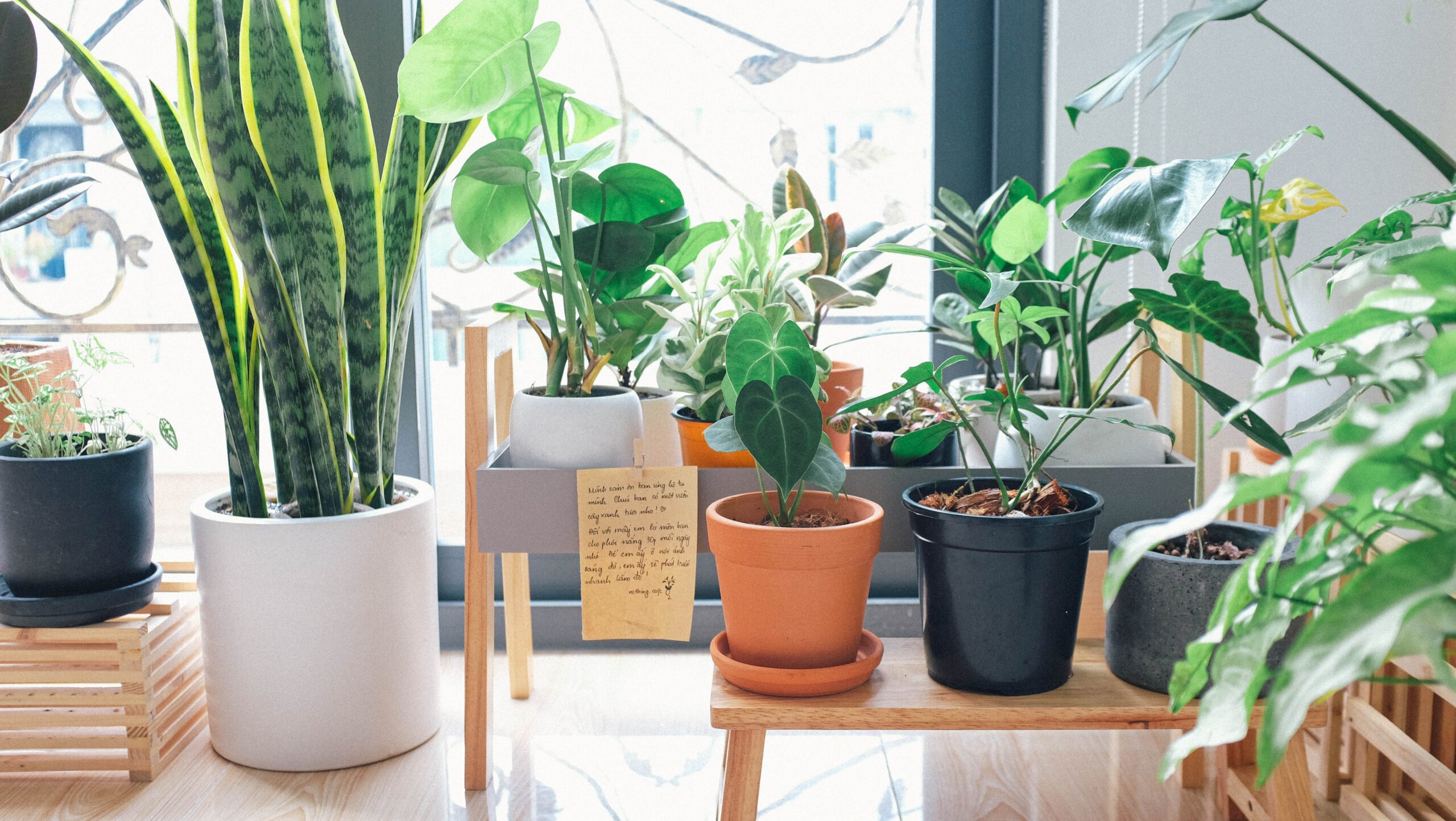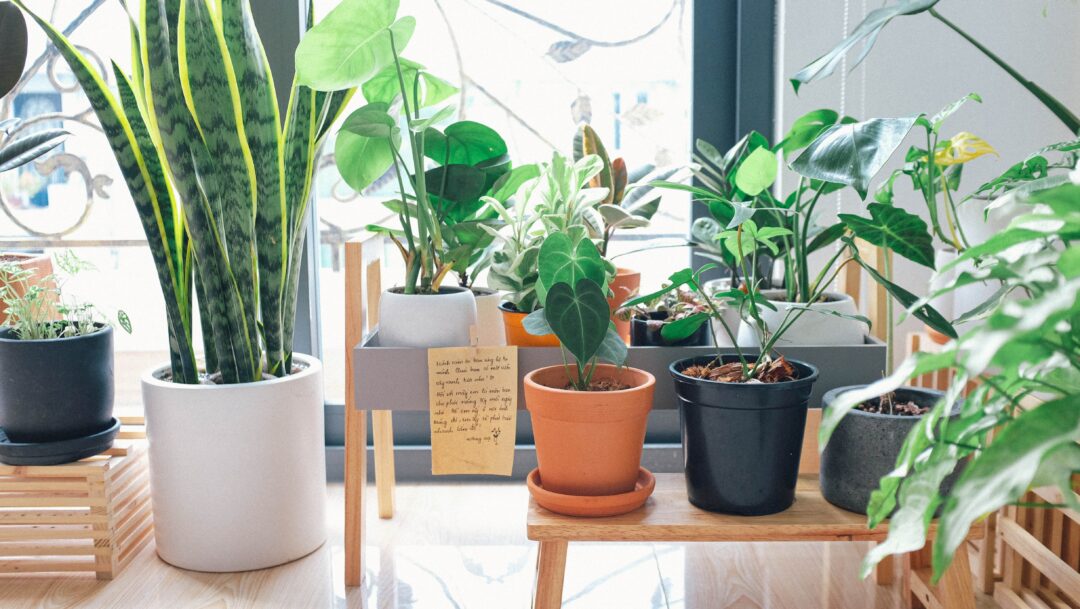
Photo by Huy Phan: https://www.pexels.com/photo/variety-of-green-leaf-plants-with-pots-3076898/
This is a contributed post and may contain affiliate links
In a world increasingly attuned to environmental concerns, sustainable living has become more than just a trend—it’s a way of life that aligns with our responsibility to care for the planet. As individuals seek innovative ways to reduce their carbon footprint and create eco-friendly spaces, the concept of garden rooms has gained traction. These versatile and environmentally conscious structures not only expand living spaces but also offer a host of sustainable benefits that contribute to a greener future.
Reimagining Space with Garden Rooms
Garden rooms, also known as outdoor studios or backyard cabins, are standalone structures situated within the confines of your outdoor space. These rooms serve as versatile extensions of your living environment, offering a dedicated space for various activities, such as working from home, practicing hobbies, exercising, or simply enjoying nature. They have many different uses and can be made to fit different parts of gardens to fill up space.
Office Space: As remote work becomes more prevalent, garden rooms provide a tranquil workspace away from the distractions of the main household. This separation supports concentration and productivity while fostering a healthier work-life balance.
Creative Haven: Garden rooms are a haven for creative endeavors. Whether you’re an artist, writer, or musician, these spaces offer solitude and inspiration, allowing you to immerse yourself in your passion without interruption.
Wellness Retreat: Creating a garden room that promotes relaxation and wellness can enhance your overall quality of life. Use it as a meditation space, yoga studio, or a peaceful reading nook where you can unwind and rejuvenate.
The Sustainable Advantages of Garden Rooms
While the functional versatility of garden rooms is appealing, their sustainable benefits set them apart as a viable choice for eco-conscious living.
Energy Efficiency: Many garden rooms are designed with energy efficiency in mind. Incorporating proper insulation, energy-efficient windows, and sustainable heating and cooling systems minimizes energy consumption, reducing your overall carbon footprint.
Natural Light: Designing garden rooms with ample windows and skylights allows abundant natural light to flood the space. This not only reduces the need for artificial lighting but also creates a bright, uplifting atmosphere that positively impacts your well-being.
Cooling and Ventilation: Garden rooms can be strategically positioned to benefit from natural cross-ventilation, making use of prevailing winds to keep the space cool during warmer months. This reduces the dependency on air conditioning systems.
Reduced Concrete Footprint: Unlike traditional home extensions, garden rooms often require minimal foundation work, resulting in a reduced use of concrete. This helps mitigate the environmental impact associated with concrete production.
Materials Matter: Sustainable Building Choices
The sustainable benefits of garden rooms stem from the careful consideration of materials used in their construction. Eco-friendly building materials contribute to the overall health of the planet and enhance the longevity of the structure.
Timber: Wood is a renewable resource that can be sustainably sourced. Opting for timber from certified forests ensures responsible forestry practices and supports carbon sequestration, as trees absorb carbon dioxide from the atmosphere.
Recycled Materials: Incorporating recycled materials into the construction of your garden room diverts waste from landfills and reduces the need for new resource extraction. Recycled steel, reclaimed wood, and salvaged windows are examples of sustainable choices.
Green Roofing: Green roofing, which involves planting vegetation on the roof surface, not only provides insulation and reduces stormwater runoff but also contributes to biodiversity by creating habitats for birds, insects, and plants.
Low VOC Finishes: Choosing paints, stains, and finishes with low volatile organic compound (VOC) content reduces indoor air pollution and promotes healthier indoor air quality.
Minimizing Environmental Impact
The environmental impact of garden rooms extends beyond the construction phase. How you use and maintain your garden room can further enhance its sustainability.
Off-Grid Options: If you’re looking to reduce your reliance on traditional energy sources, consider integrating renewable energy solutions such as solar panels, wind turbines, or rainwater harvesting systems into your garden room.
Water Management: Designing the garden room to include rainwater collection and storage systems can help supplement outdoor water usage, such as watering plants and cleaning.
Natural Landscaping: Integrate your garden room seamlessly into your outdoor space by using native plants and sustainable landscaping practices. This reduces the need for excessive maintenance, fertilizers, and water.
Lifestyle Changes: Embracing a minimalist lifestyle within your garden room promotes sustainability. Opt for multifunctional furniture, reduce clutter, and embrace the principles of conscious consumption.
A Greener Lifestyle, One Room at a Time
In the pursuit of sustainable living, every decision, no matter how small, contributes to a more eco-friendly future. Garden rooms exemplify this ethos by offering functional spaces that respect the environment and enhance your quality of life.
By choosing to build a garden room with sustainable materials, energy-efficient features, and a minimal environmental footprint, you’re not just expanding your living space—you’re demonstrating a commitment to conscious living. Each moment spent within your garden room becomes a reminder that harmonious coexistence with nature is not only achievable but also fulfilling. As we weave sustainability into the fabric of our lives, garden rooms stand as a beacon of hope, illustrating that thoughtful choices and innovative designs can create a better world for ourselves and the generations to come.

